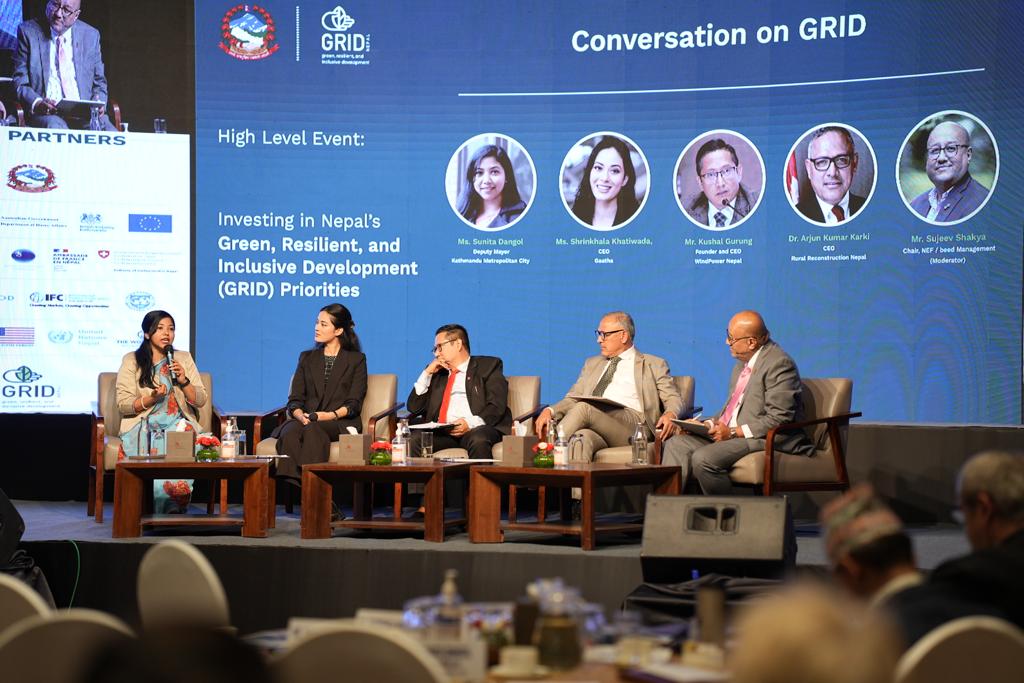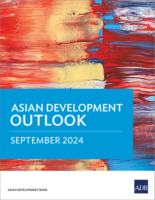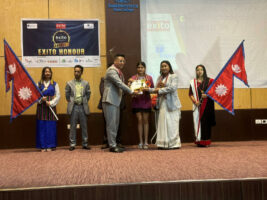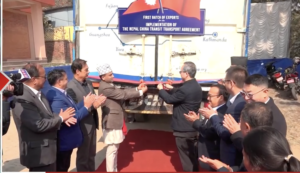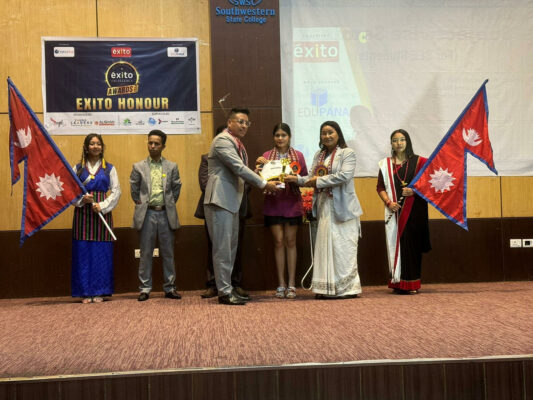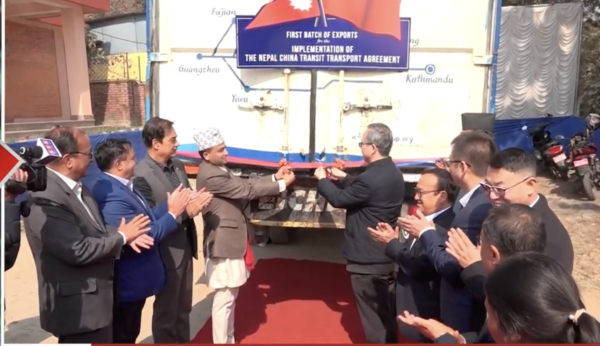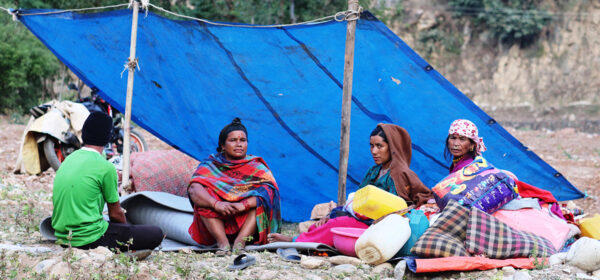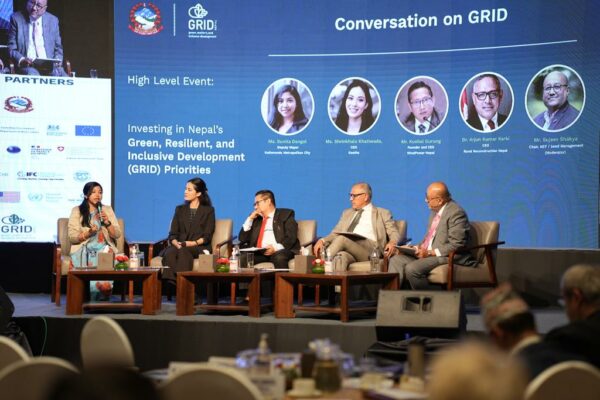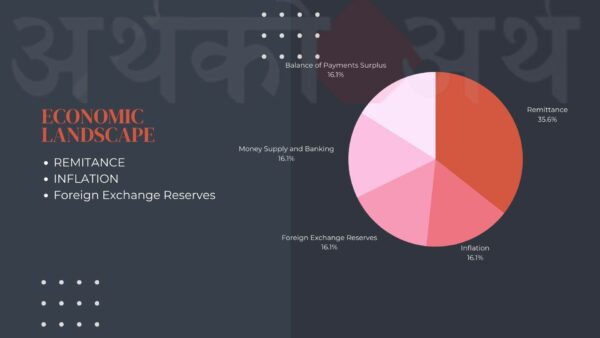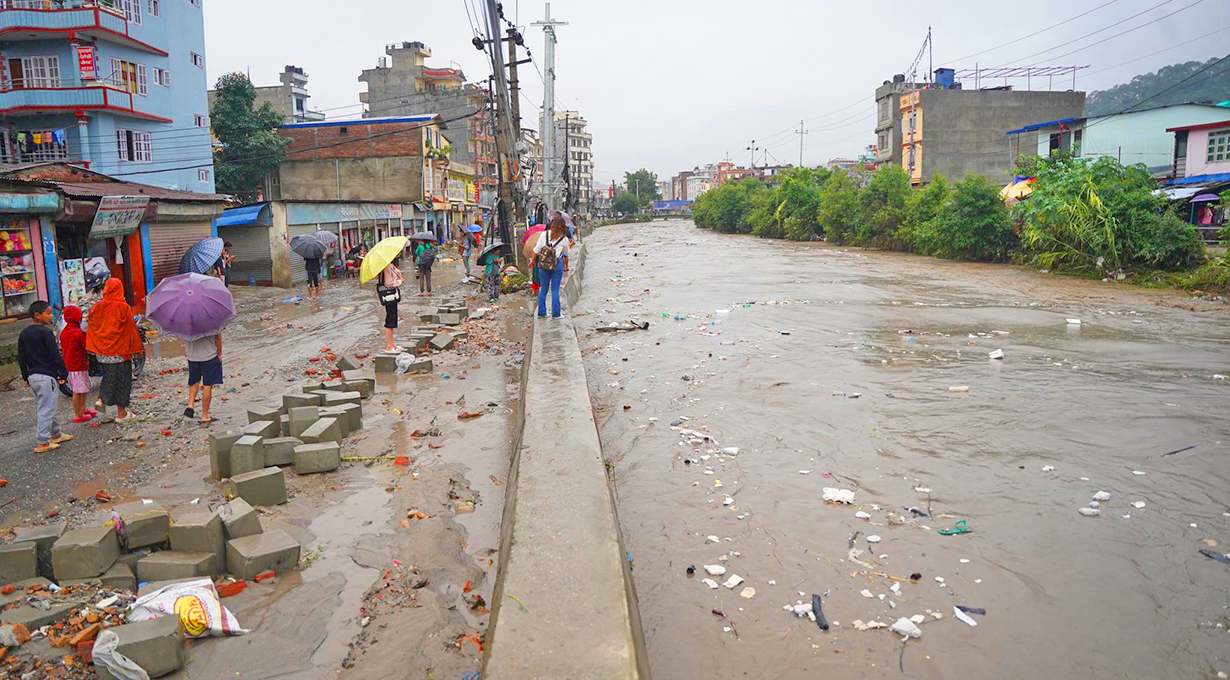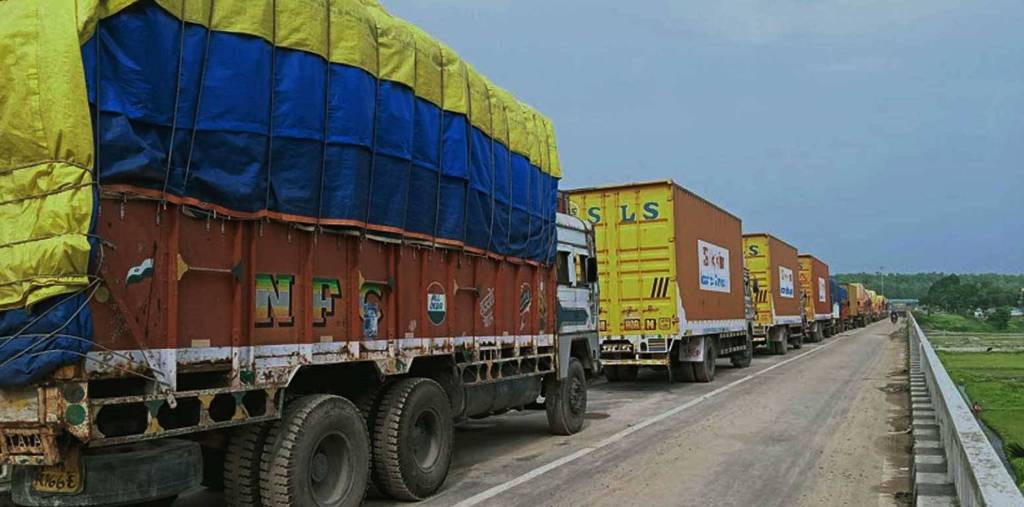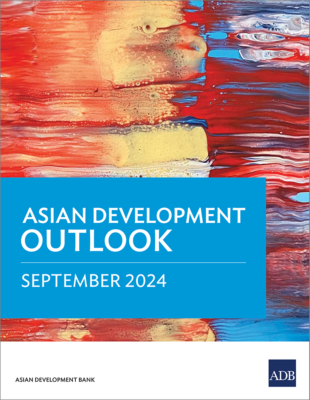KATHMANDU, November 2, 2023 — The Government of Nepal, alongside 16 development partners, has embraced a collaborative approach to reinforce and expand financial and technical support for the implementation of a comprehensive set of high-priority investments and policies that align with Nepal’s vision for Green, Resilient, and Inclusive Development (GRID).
In a landmark event held yesterday, organized by the Ministry of Finance with the unwavering support of the World Bank and various other development partners, a joint communiqué was ratified to set the wheels in motion for Nepal’s GRID Strategic Action Plan. The plan aims to elevate Nepal’s sustainability, resilience, and inclusivity in the development arena.
The GRID Strategic Action Plan outlines ten pivotal actions, including improved land, water, and forest management, equipping individuals with new skills, greening urban development, enhancing water supply and sanitation, increasing renewable energy utilization, fortifying transport sustainability, bolstering disaster risk management, and refining social protection and health systems to respond more effectively to shocks.
Diverse stakeholders such as government representatives, development partners, civil society organizations, private sector players, and think tanks recommitted themselves to working across sectors and institutions to sustain the financial backing and execution of Nepal’s GRID priorities.
Dr. Prakash Sharan Mahat, the Honorable Finance Minister of Nepal, underscored the significance of the GRID approach in fostering a greener, more resilient, and inclusive economy. He stated, “Nepal’s new GRID Strategic Action Plan can serve as the vehicle to accelerate growth, create jobs, enhance livelihoods, and sustainably boost the prosperity of the Nepali people.”
Anna Bjerde, World Bank Managing Director for Operations, expressed the institution’s pride in supporting Nepal’s move towards a more sustainable, resilient, and inclusive economy. She stated, “Nepal’s GRID approach focuses on the quality of development and growth—the kind of growth that reduces extreme poverty, diminishes structural inequalities, safeguards the environment, sustains the growth process, and enhances resilience.”
The investment priorities within the GRID Strategic Action Plan aim to capitalize on Nepal’s development successes, expand on-ground initiatives, stimulate private sector investment, and deliver sustainability, resilience, and inclusivity concurrently. This multifaceted approach seeks to create more employment opportunities, strengthen people’s resilience and livelihoods, bolster environmental, climate, water, and food security, and foster a more inclusive and sustainable economy.

